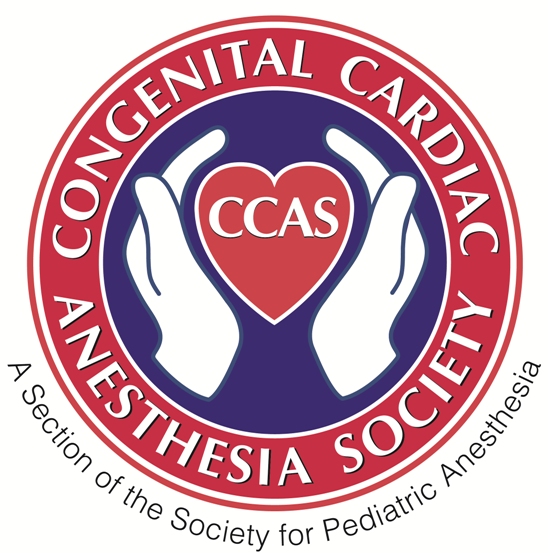Authors: Gibbs Yim, MD and Nicholas Houska, DO - University of Colorado and Children’s Hospital Colorado
A 13-year-old boy with dilated cardiomyopathy is prescribed dapagliflozin as part of a regimen for decompensated heart failure. Which of the following adverse events is MOST likely associated with dapagliflozin?
EXPLANATION
Dapagliflozin is an oral sodium-glucose co-transporter (SGLTS) inhibitor used in the treatment of heart failure, diabetes, and chronic kidney disease. SGLT2 is a sodium-glucose co-transporter located in the renal proximal tubules responsible for the reabsorption of glucose. Inhibition of this receptor reduces serum glucose and decreases the renal reabsorption of sodium, inducing natriuresis and diuresis. This medication has been shown to have cardioprotective and renal protective effects in adults and is recommended as a component of medical therapy for heart failure with reduced ejection fraction. More recently dapagliflozin has been trialed in children with heart failure and reduced ejection fraction.
In a single-center, prospective observational study by Newland et al, of 38 nondiabetic pediatric patients with heart failure, dapagliflozin was added to their standard multi-drug heart failure regimen. Sixty-eight percent of patients had dilated cardiomyopathy and 65.8% had a reduced left ventricular ejection fraction of 40% or less. Dapagliflozin was shown to decrease serum B-type natriuretic peptide at 130 days and to improve ejection fraction in the subset of patients with heart failure due to dilated cardiomyopathy. However, the authors point out that this improvement in ejection fraction may not be attributed to dapagliflozin alone, as many of these patients were on a multi-drug regimen therapy for heart failure.
Adverse events associated with dapagliflozin use include increased rates of urinary tract infections, which was demonstrated in 16% of patients in the study by Newland. This is likely due to the increased urine glucose concentration because of inhibited renal glucose reuptake. Dapagliflozin is not associated with significant changes in serum electrolytes, hypoglycemia, or hypovolemia. When used in diabetic patients, dapagliflozin has the potential for reducing the degree of hyperglycemia exhibited in diabetic ketoacidosis (DKA). In adult patients on SGLT2 inhibitors, euglycemic DKA has been reported.
REFERENCES
Newland DM, Law YM, Albers EL, Friedland-Little JM, Ahmed H, Kemna MS, Hong BJ. Early Clinical Experience with Dapagliflozin in Children with Heart Failure. Pediatr Cardiol. 2023; 44(1):146-152. doi: 10.1007/s00246-022-02983-0.
Grube PM, Beckett RD. Clinical studies of dapagliflozin in pediatric patients: a rapid review. Ann Pediatr Endocrinol Metab. 2022; 27(4):265-272. doi: 10.6065/apem.2244166.083.
Loss KL, Shaddy RE, Kantor PF. Recent and Upcoming Drug Therapies for Pediatric Heart Failure. Front Pediatr. 2021;9:681224. doi: 10.3389/fped.2021.681224.
